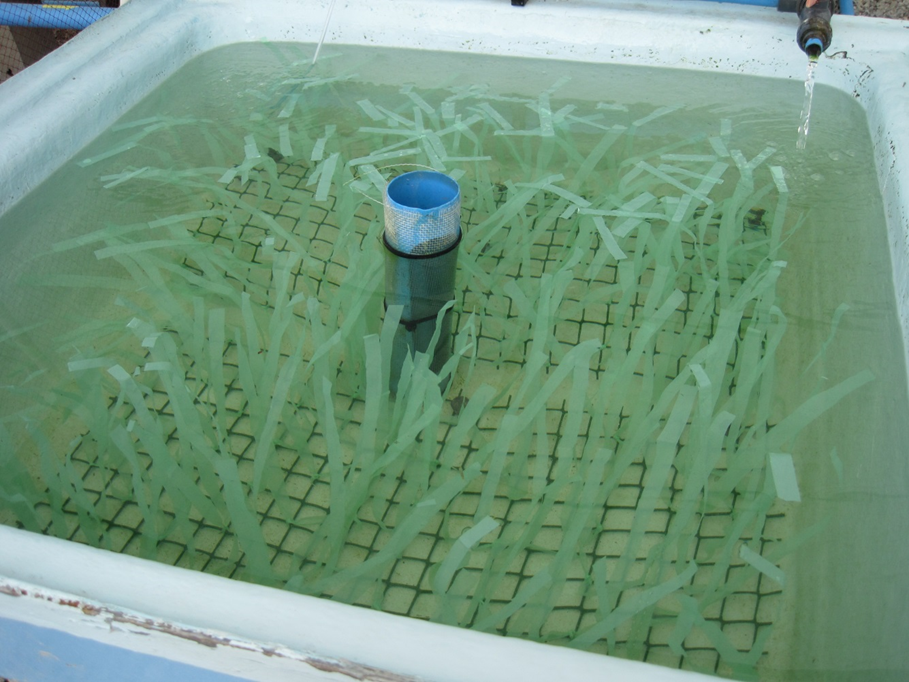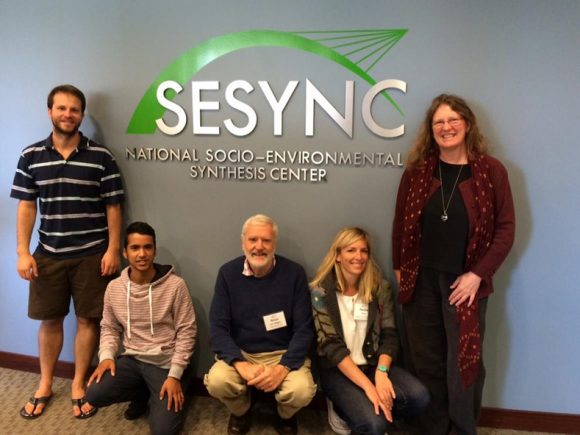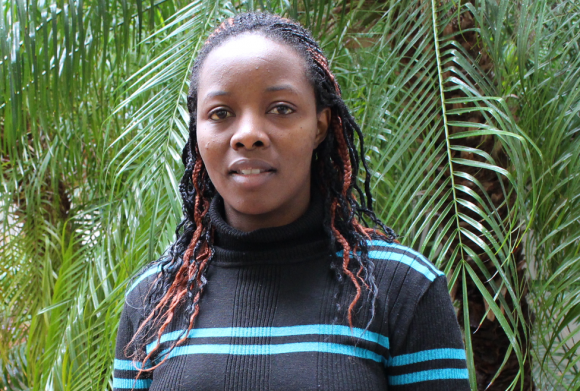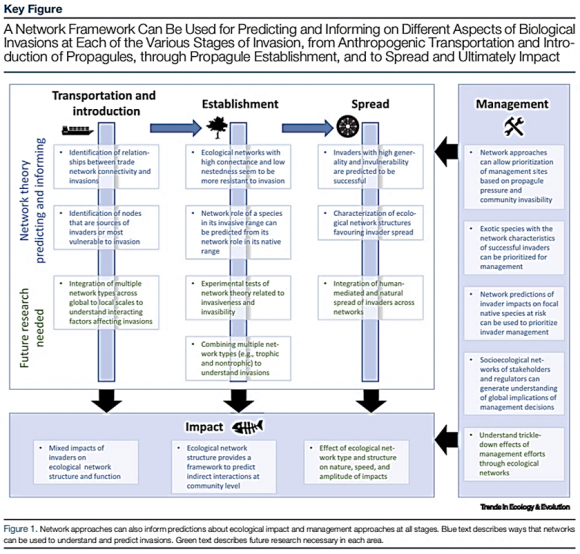Global biodiversity is declining at an alarming rate. Causes of these declines include the destruction of natural habitats as a result of human development, and the introduction of non-native species. The interaction of these processes can have serious consequences for the functioning of natural systems and are of particular concern in freshwater systems. One method to investigate the impact of a non-native species on the surrounding environment is to measure its resource use, for example, its consumption of native species as prey. This can also be investigated over a range of habitat types and complexities to see how the loss of habitat might change this impact of the invasive species.
A study led by C·I·B post-doctoral associate Dr Mhairi Alexander, involving C·I·B staff and collaborators at SAIAB, in Grahamstown, examined the impacts of an invasive fish species towards a prey species under a series of habitat complexities that simulated habitat loss. Habitat complexity refers to the variety of shelter that is available to fish and other aquatic species in a river or water body and is important as it provides shelter, food and nursery habitats.

Mhairi examined the resource use of the invasive freshwater fish, the largemouth bass (Micropterus salmoides), in simulated reed bed habitats that decreased in density as they would through stages of habitat loss. By using a prey item, the guppy Poecilia reticulata, the study found that only slight decreases in habitat complexity cause an increase in prey consumption across a density of prey. “What this study has highlighted is that when two drivers of global change, that is habitat destruction and invasive species, are considered in combination, their effects are potentially exacerbated.” says Mhairi Alexander, lead author of the paper published in the scientific journal Environmental Biology of Fishes. She adds that “the study has important implications for managers and policy makers to invest resources in cost effective mitigation of both invasive species but also protection of important habitats.”
Read the paper:
For more information, contact Mhairi Alexander at malexander@sun.ac.za



